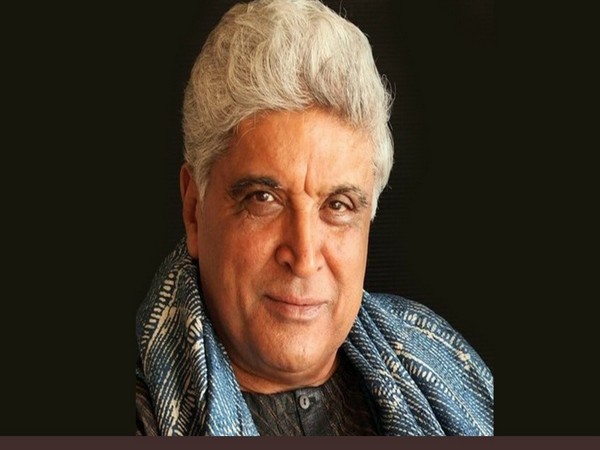
Global economy at risk from critical mineral supply concentration: Union Minister Piyush Goyal
Jun 05, 2025
Brescia [Italy], June 5 : Commerce and Industry Minister Piyush Goyal has cautioned that the world's heavy reliance on a handful of countries for critical mineral supplies poses a significant threat to global economic development, calling for urgent diversification of supply chains.
Speaking to reporters during his visit to Italy, Goyal emphasised the vulnerability created by the geographical concentration of both mineral extraction and processing capabilities, particularly as these materials become increasingly vital for the global transition to clean energy.
"I think it is important that the world recognises the danger of critical minerals, and supply and processing being concentrated only in particular geographies, which at any point in time can hurt economic development," Goyal said after meeting with Italian companies already engaged in critical mineral processing.
The minister's caution comes as nations worldwide grapple with supply chain vulnerabilities exposed by recent global disruptions. Critical minerals - including cobalt, copper, lithium, nickel, and rare earth elements - are essential components in clean energy technologies ranging from wind turbines to electric vehicles, making their secure supply crucial for the global energy transition.
China's dominance in this sector has become a particular concern for many countries. The nation has systematically acquired critical mineral reserves across the world, creating potential chokepoints in global supply chains that could impact everything from renewable energy deployment to electric vehicle production.
To address these challenges, Goyal outlined India's multi-pronged strategy to reduce dependency on concentrated mineral supplies. The government is actively encouraging startups to invest in research and development, seeking innovative solutions and alternative approaches to critical mineral processing and utilisation.
"This will help reduce our over-dependence and over-reliance on certain critical minerals," Goyal explained, highlighting India's push for technological innovation as a key component of supply chain resilience.
However, the minister acknowledged that India's efforts are still in the developmental phase. "We are still at a stage of firming up how it will pan out, what will be the route it will take and which are the countries which will support it - financially and through right of way," he said.
The discussions in Italy signal potential new partnerships in this critical sector. Italian Deputy Prime Minister and Foreign Minister Antonio Tajani expressed strong interest in collaboration, suggesting that private sector companies from both nations could explore joint ventures in critical mineral processing and technology development.
This India-Italy cooperation could serve as a model for broader international partnerships aimed at diversifying critical mineral supply chains. As countries worldwide recognize the strategic importance of these materials, collaborative approaches may prove essential for reducing global economic vulnerabilities while supporting the transition to sustainable energy systems.
The urgency of addressing these supply chain risks has grown as governments increasingly view critical minerals as national security assets, essential not just for economic growth but for energy independence and technological sovereignty in an interconnected world.



























